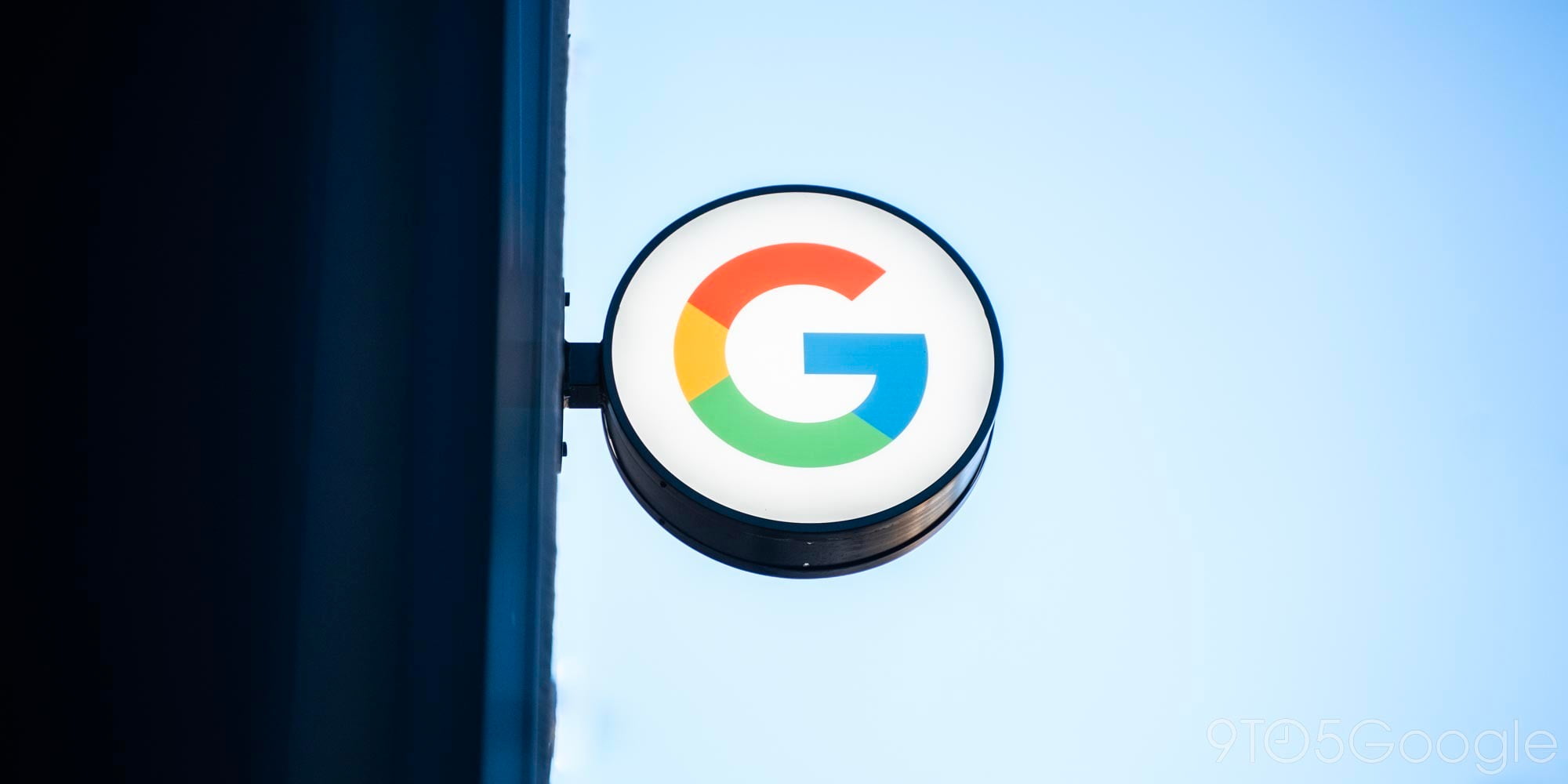
Every year at Google I/O, the company displays its latest technologies across the many various aspects of life that Google has gotten involved in. This year, it appears Google will be unveiling a new accessibility technology, “Project Euphonia,” which is aimed at giving those who are speech-impaired “their voice back.”
Accessibility has long been a focus for Google, with last year’s Google I/O keynote featuring demonstrations of technology like Morse code typing support for Gboard. While this year’s keynote is still over a week away, we’ve gotten a pretty solid indication of what Google’s accessibility team has prepared for this year.
One of the sessions in Google I/O’s events list is called “Designing for Accessibility,” and is set to be hosted by accessibility advocate Elise Roy and Google scientist and Harvard professor Michael Brenner. The session’s description was updated yesterday to add info about Brenner and what he’ll be talking about, but the update also alludes to something called “Project Euphonia.”
[…] Google’s Michael Brenner will share how Project Euphonia is leveraging Google technologies to give people with speech impairments their voice back.
Looking at the provided bio for Michael Brenner on the Google I/O website seems to confirm that Project Euphonia is indeed a Google project, not something from a third-party such as Harvard.
[…] At Google, in addition to Euphonia, his focus is on using recent developments in machine learning to catalyze scientific discovery.
Update 5/1: Both the session description and Brenner’s bio have been updated on the Google I/O website to remove references to Project Euphonia.
Before doing so, though, Google added (then removed) a third speaker for the Designing for Accessibility talk, Irene Alvarado. According to her personal website, Alvarado is a Creative Technologist for the Google Creative Lab. What impact that may have on Project Euphonia is anyone’s guess.
So what is this Project Euphonia, then? For now, we can only guess from this little bit of info and the name itself. For some historical context, in the 1800s, a man by the name of Joseph Faber developed an intricate device that replicated human speech, which was given the name “Euphonia” by P.T. Barnum.
With that in mind, it seems likely that Google is going to unveil some sort of real-time voice synthesis for the speech-impaired. Google showed us at last year’s I/O, through the inclusion of John Legend as a voice for the Google Assistant and the incredible Google Duplex demos, that their WaveNet voice synthesis technology is approaching indistinguishable from a real voice.
The real question is, how in-depth will Project Euphonia be? At minimum, it sounds like an accessible way to communicate vocally, possibly using text-to-speech. This could possibly be a hardware device, or may be run directly on a smartphone.
The extreme (and highly unlikely) scenario would be to literally give the speech-impaired “their voice back” by training a machine learning model using voice samples from before the person became impaired. This is, of course, wild speculation and something that sounds more like the plot of a SciFi movie, but Google’s impressed us plenty of times before.
FTC: We use income earning auto affiliate links. More.


Comments